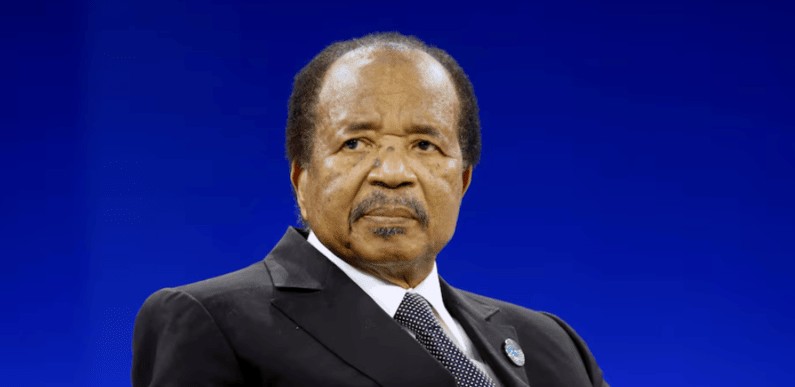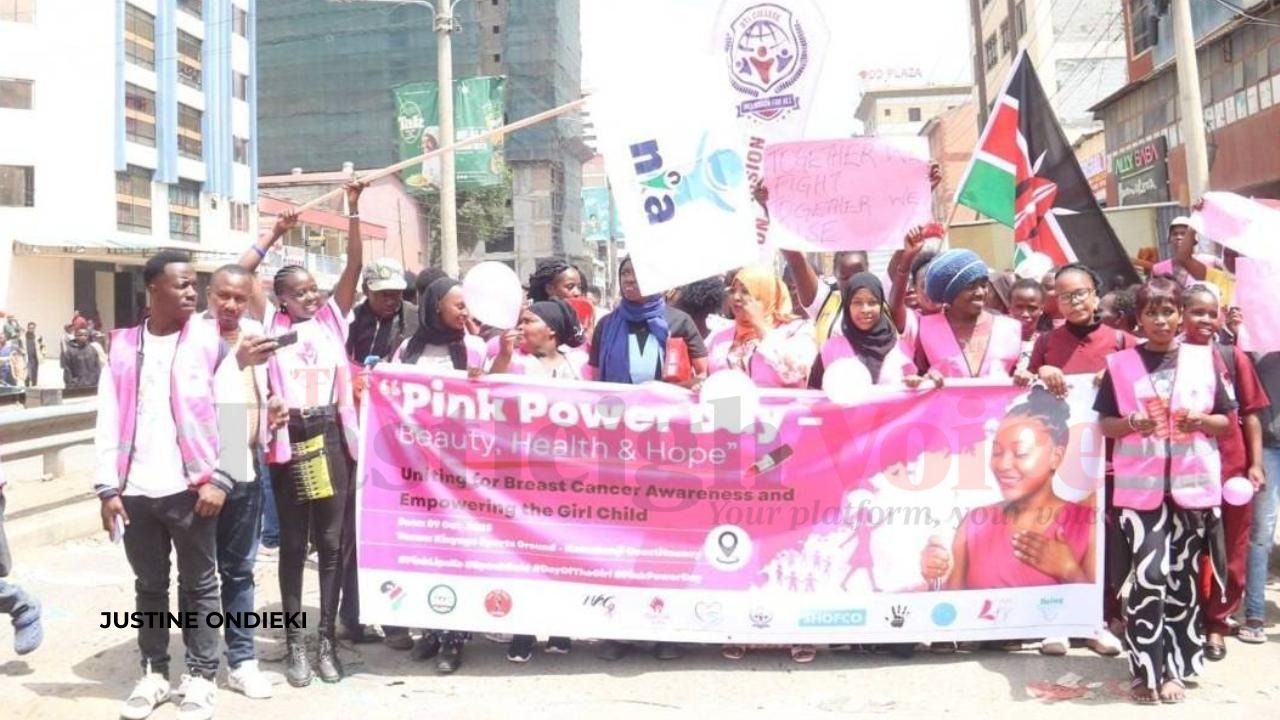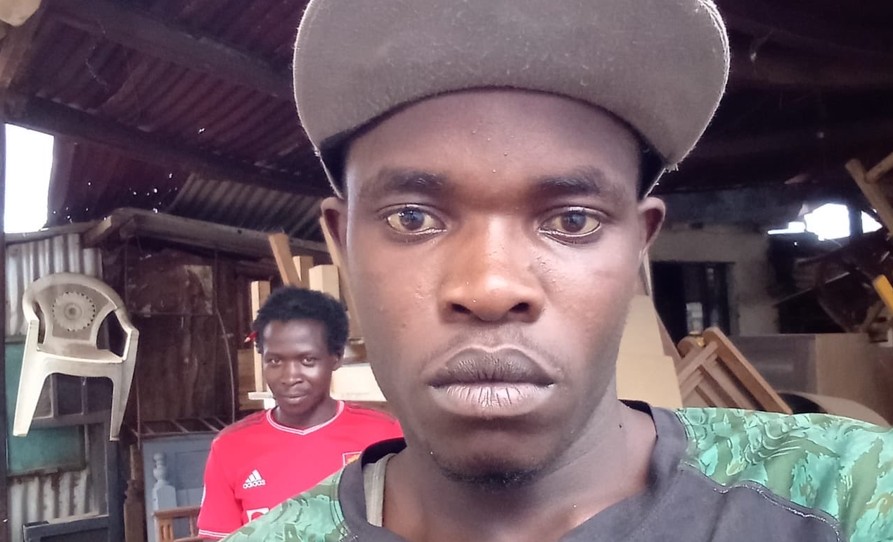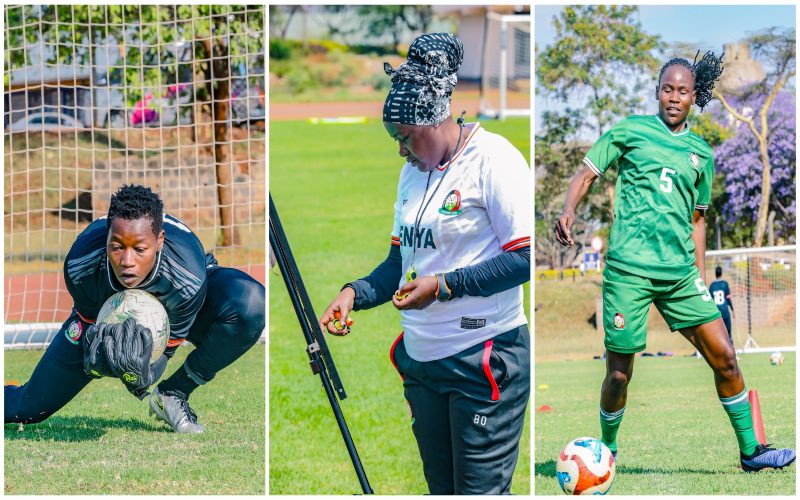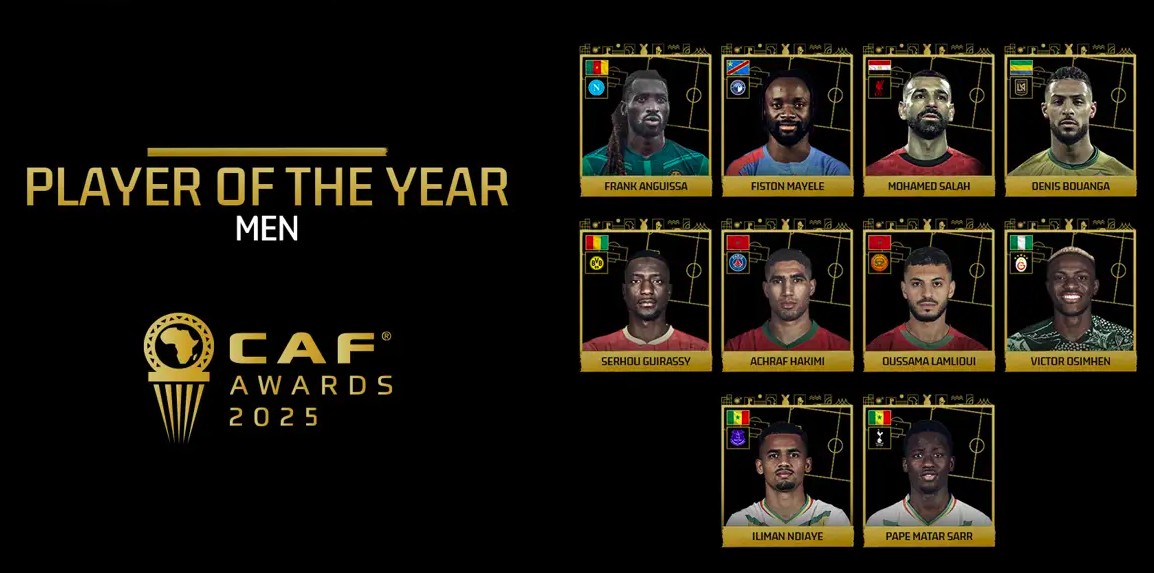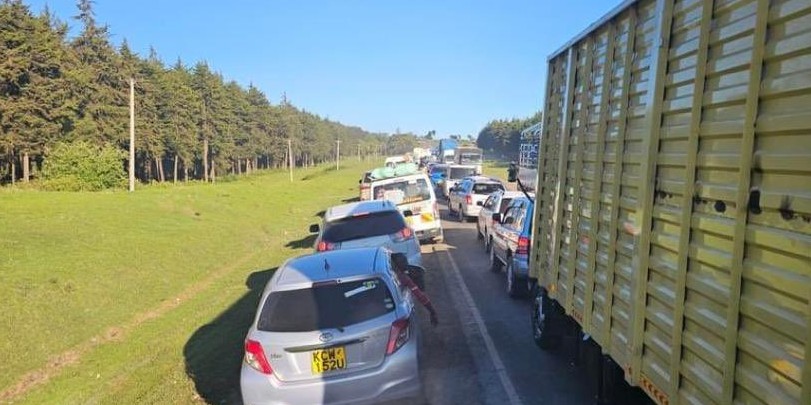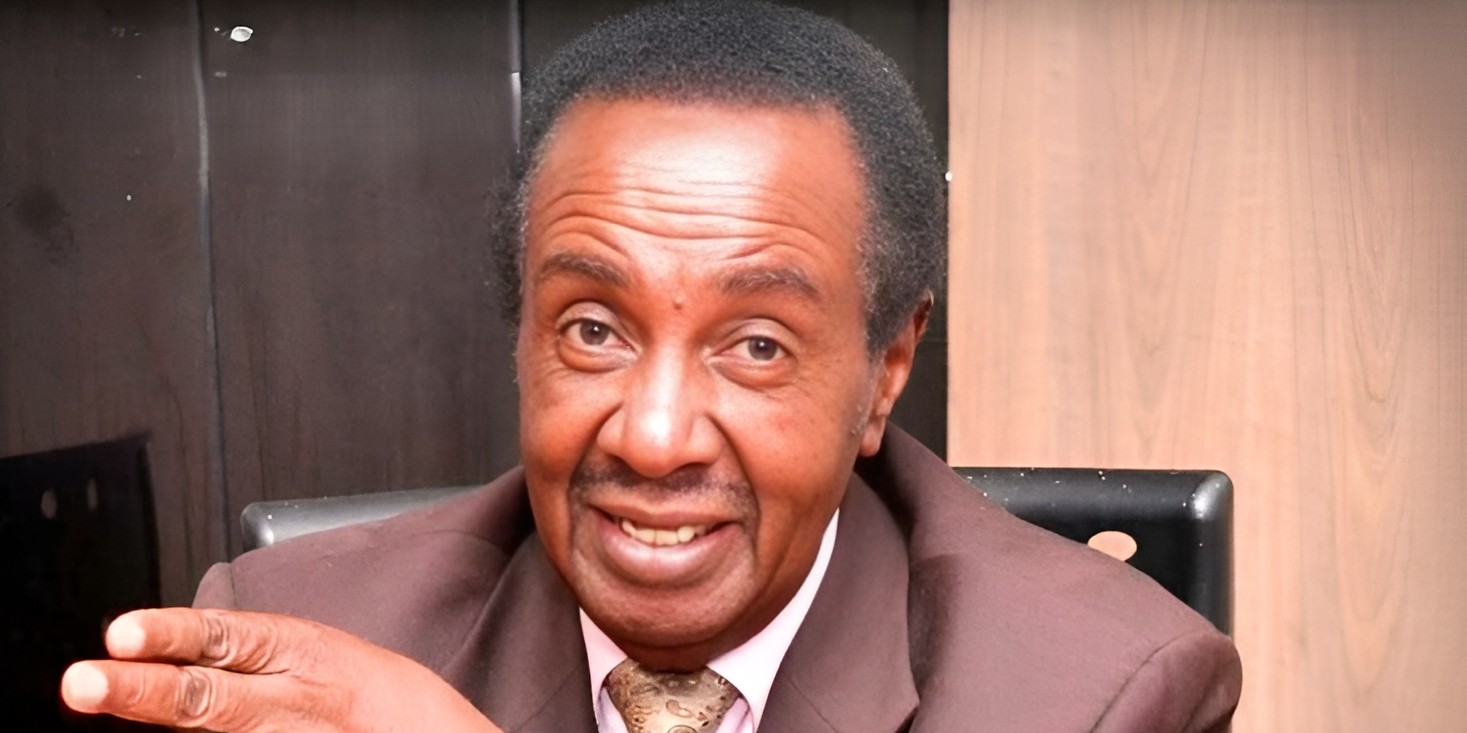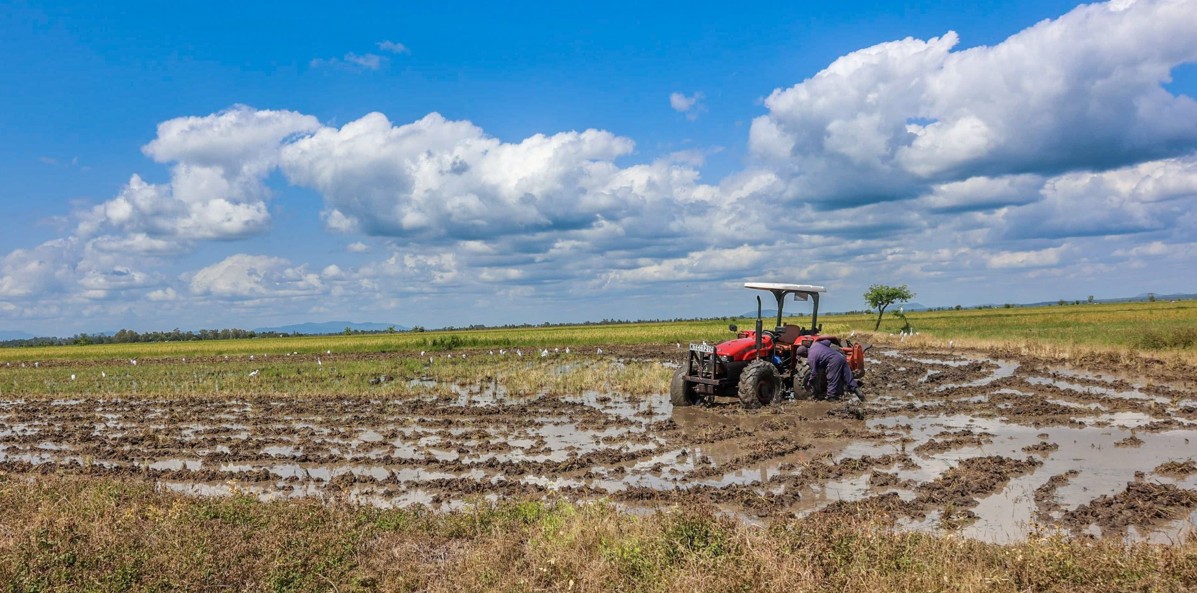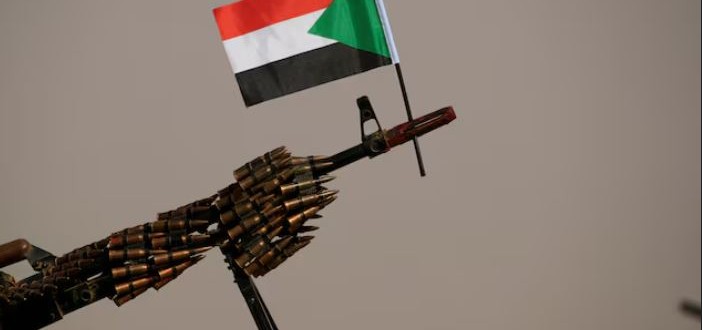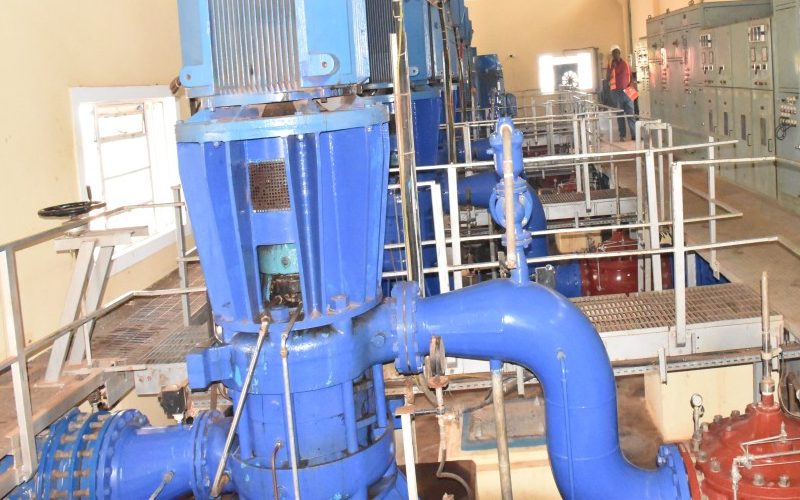Kenyan AI app translating speech into sign language wins top African innovation award
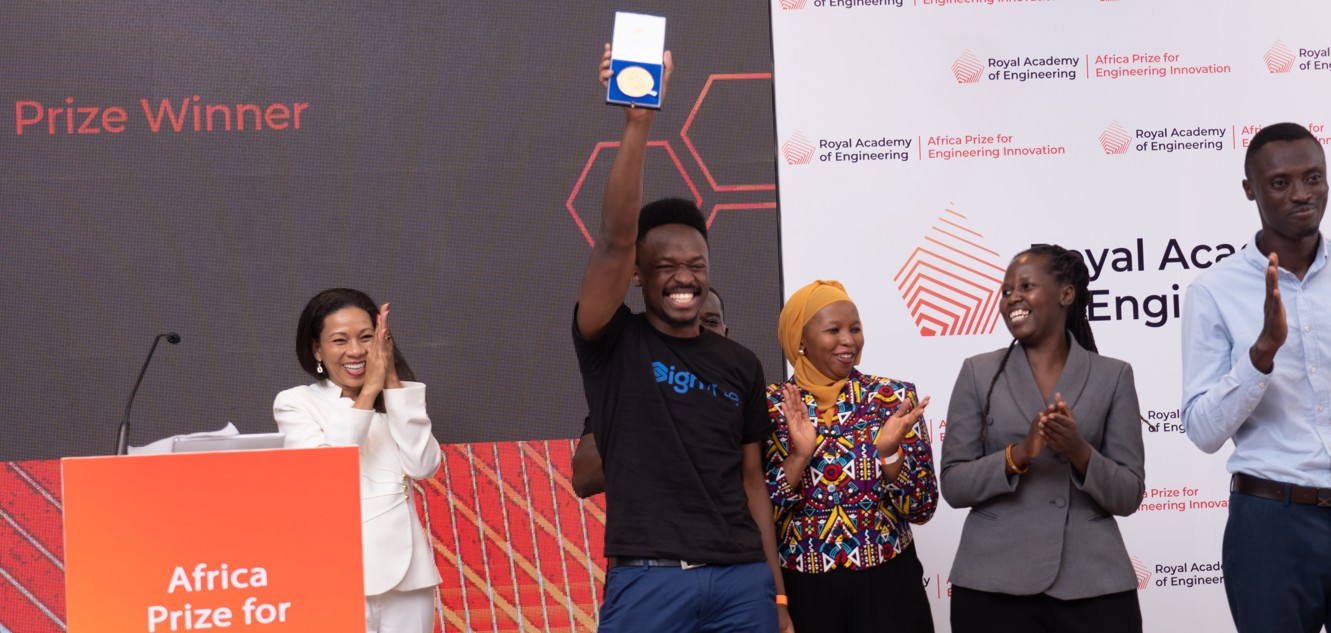
Developed in collaboration with Kenya’s deaf and hard-of-hearing community, Terp 360 has recorded over 2,300 signs, including commonly used words and phrases.
Kenya’s Terp 360 app, which translates spoken and written words into sign language, has been named Africa’s leading engineering innovation of 2025.
The artificial intelligence-powered platform, created by Kenyan entrepreneur Elly Savatia, converts speech into sign language in real time, helping bridge communication gaps for people who are deaf or hard of hearing.
More To Read
On October 16, 2025, Savatia received £50,000 (about Sh8.7 million) from the UK’s Royal Academy of Engineering after winning the 2025 Africa Prize for Engineering Innovation, a prestigious award recognising technologies that address pressing challenges across the continent.
Speaking to CNN, Savatia described Terp 360 as “Google Translate for sign language,” explaining that the web-based app uses 3D avatars to provide instant translations from speech or text, allowing smooth communication without human interpreters.
“To go to the workplace, education, and healthcare, you have to communicate. But the deaf community, they’re left behind,” Savatia said.
Developed in collaboration with Kenya’s deaf and hard-of-hearing community, Terp 360 has recorded over 2,300 signs, including commonly used words and phrases.
Motion sensors track the movements of a signer’s hands to ensure accuracy. Currently, the app supports English and Swahili translations into Kenyan Sign Language, with plans to expand into other African and international sign languages by mid-2027.
“Companies cannot afford interpreters… and they just don’t have the tools to effectively integrate these people. We see ourselves as an enabler. We are able to do sign language, but at scale,” Savatia said.
Rebecca Enonchong, chair of the prize’s judging panel, praised the innovation for its technical ingenuity and social impact.
“What really stood out about Elly’s solution, and Elly himself, is the level of innovation. It was really a demonstration that Africans are capable of using cutting-edge technology to solve problems, not just on the continent but beyond,” she said.
Enonchong added that Terp 360 has the potential to empower millions of deaf Africans who struggle to access education, healthcare, and employment.
“One of the criteria we use to judge is social impact. Assistive technologies are one of those areas that are underserved, not just on the continent, but in the world,” she said.
Savatia said the team has set up a motion capture studio in Nairobi capable of recording up to 1,000 words daily. Plans are underway to collaborate with NGOs, sign language projects, and media houses across Africa to train the AI in new languages.
Kenya’s Persons with Disabilities Act and recent government directives require employers to reserve at least 5 per cent of jobs for people with disabilities. Savatia noted that without accessible communication tools, such policies remain difficult to implement effectively.
“We’re trying to make it possible for deaf people to participate fully in classrooms, hospitals, and offices without needing to wait for an interpreter,” he said.
Other 2025 Africa Prize finalists included Kenyan engineer Carol Ofafa, whose startup E-Safiri develops solar-powered charging and battery-swapping hubs for electric bicycles and motorbikes.
Innovators from Uganda and Ghana received £10,000 each for projects in healthcare and sustainable agriculture, while Mozambique’s Rui Bauhofer earned a £5,000 “One to Watch” prize for biodegradable plates made from maize husks.
Since 2014, the Africa Prize for Engineering Innovation has supported over 160 entrepreneurs across 20 African countries, transforming early-stage ideas into scalable businesses.
The 2025 awards ceremony was held in Dakar, Senegal, marking the first time the event took place in Francophone Africa.
Top Stories Today
